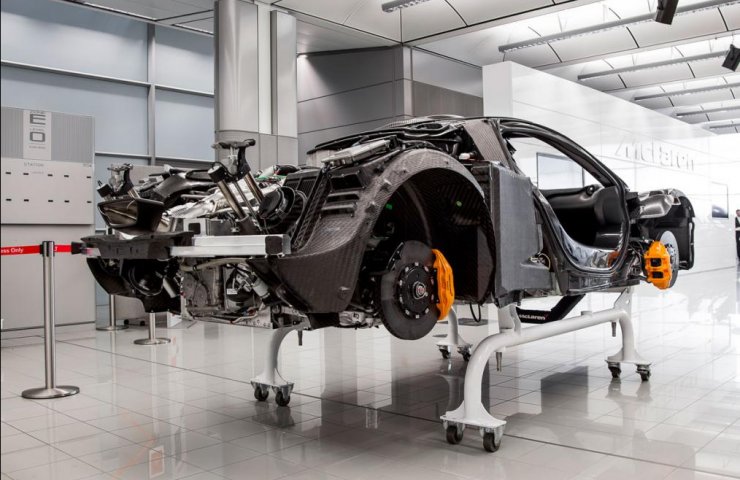Formula 1 (F1) stated that its vehicles, offices and production sites by the year 2030 will be carbon neutral, i.e. emissions will stop CO2. For this, she "will switch to ultra-efficient logistics, and will transfer 100% of the offices, facilities and factories on renewable energy sources" and compensates for emissions that cannot be reduced.
F1 said that as a first step, it will immediately begin projects to reduce carbon emissions and added that by 2025, all its activities will be environmentally friendly, including the removal of disposable plastics and to ensure reuse, recycling or composting of all waste.
And in 2021 the rules would require that gasoline used in F1, contained a bio-fuel is not less than 10%.
high-Tech turbulentnye power units used to power F1 cars from 2014 are the most efficient automotive engine in the world in terms of a percent of the fuel energy that is converted into power, dimension, known as thermal efficiency.
the F1 Engines have a thermal efficiency of 50% whereas a gasoline engine of a conventional car is typically around 30%.
Current engines will run until the end of 2025, and F1 suggested that any specification of the engine used with 2026, has taken another step forward in fuel efficiency.
the Owners of this sport said that they intend to work with the automotive industry to apply experience in building engines for F1 with the aim of creating "the world's first hybrid internal combustion engine with zero carbon emissions".
in-Depth talks with car manufacturers in this area has not started yet, but they will focus on developing synthetic fuels, which uses the carbon captured from the air, of agricultural waste or biomass.
F1 States that it developed its plan to achieve net zero carbon footprint "after 12 months of intensive work with the governing body of Motorsport, the FIA, experts on sustainable development, the F1 teams, promoters, and partners."




